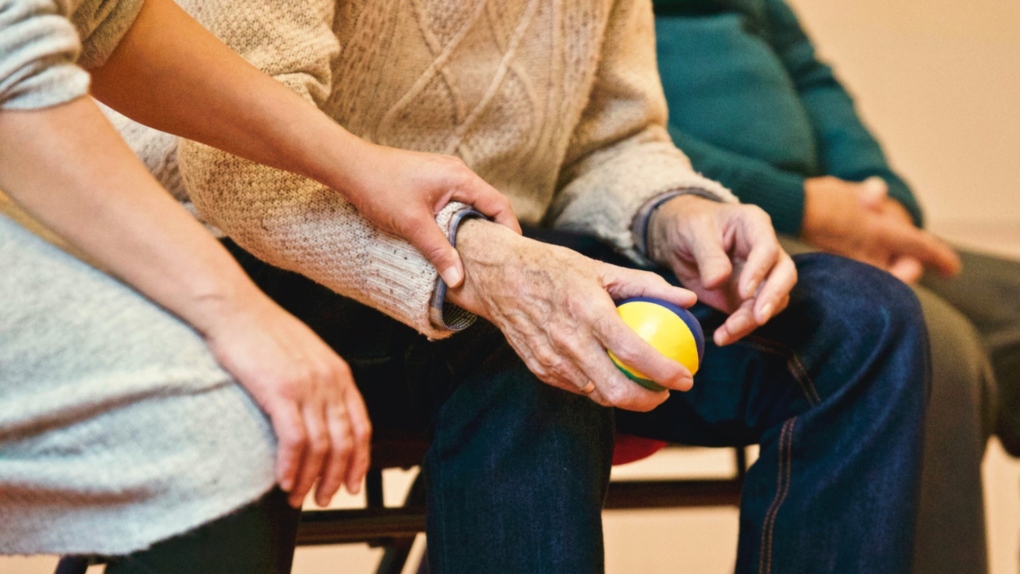Infection
Early Omicron infection may not have protected seniors enough from later variants: Canadian study
A new study involving Canadian researchers has found that an early Omicron infection may have left some seniors more prone to reinfection from a later version of the COVID-19 variant.
Researchers from McMaster University in Hamilton, Ont., published a study Monday in eClinicalMedicine, a journal from The Lancet, which looked at 750 vaccinated seniors in Ontario retirement and long-term care homes, including both public and private, as well as non-profit and for-profit facilities.
The researchers say all of the initial infections occurred during the wave of Omicron subvariants BA.1 and BA.2 in early 2022.
All of the reinfections, meanwhile, happened later that summer when BA.5 was the dominant subvariant.
“We found that some individuals had normal immune responses after the first infection, while others had very low levels of protective antibodies, which we believe was one contributing factor to why they got reinfected,” McMaster immunologist Dawn Bowdish, corresponding author for the study and a Canada Research Chair in aging and immunity, said in a news story from the university.
The study also found that those infected with an early Omicron variant were more likely to be reinfected than those who never had an infection.
The researchers write in their study that the findings “challenged the concept that hybrid immunity increases protection against subsequent SARS-CoV-2 infection with Omicron subvariants.”
All of the seniors considered in the study had four mRNA vaccine doses as of July 1, 2022, and did not have a COVID-19 infection within seven days of their fourth vaccination.
The median age was 87, about 64 per cent were female and around 57 per cent were in a long-term care home.
The researchers note that they were not able to identify exactly which Omicron subvariant a person had, but say all of the cases occurred during waves when those particular subvariants were responsible for the vast majority of infections.
They also caution that the individuals were not matched by age or sex and asymptomatic infections may have been “overlooked,” adding that the “data should not be interpreted to confer causality.”
And while they found that an individual’s frailty did not increase their risk of infection, how much daily care a person needed may have increased their interactions with others, which could have raised their risk of exposure and, therefore, infection.
However, Andrew Costa, an epidemiologist and associate professor at McMaster who served as senior co-author on the study, said the study strongly suggests that more research is needed to understand whether the broader population may also share this same susceptibility.
“Until we know more, we think it’s smart for everyone to protect themselves,” Costa said.
The researchers say this may include getting a COVID-19 vaccine booster this fall.
“This research highlights the need for continued vigilance and underscores the importance of ongoing preventive measures against COVID-19,” Bowdish said.
“We must remain cautious and proactive in our approach to protecting public health.”
The study also notes that antibodies from a BA.1 infection were reported to be less effective against BA.5, while three or four doses of the Pfizer-BioNTech and Moderna vaccines may have only offered short-term protection against the subvariant.
“Therefore, consideration of SARS-CoV-2 variant-specific infection history, as well as circulating Omicron sub-lineage, are likely important when exploring associations of Omicron-associated hybrid immunity and vaccine efficacy,” the study says.

